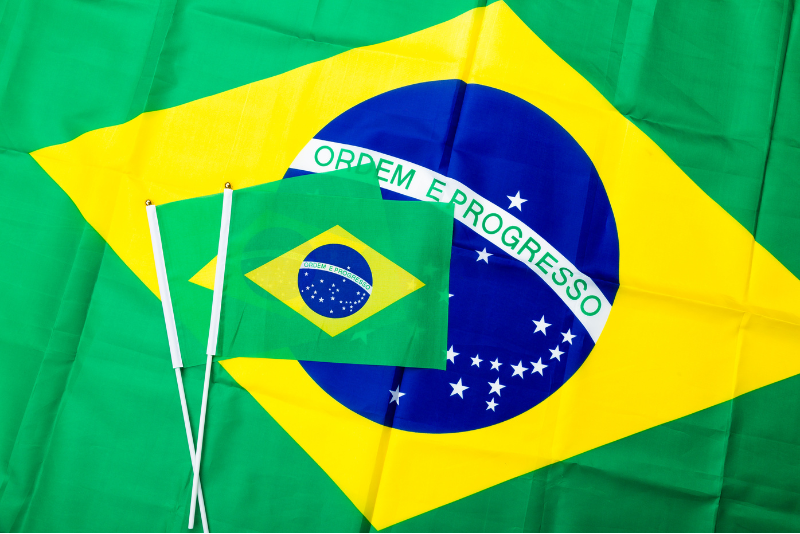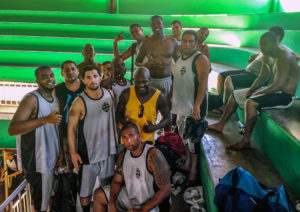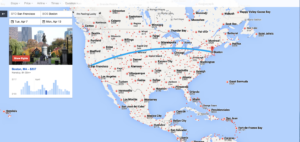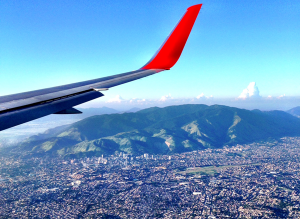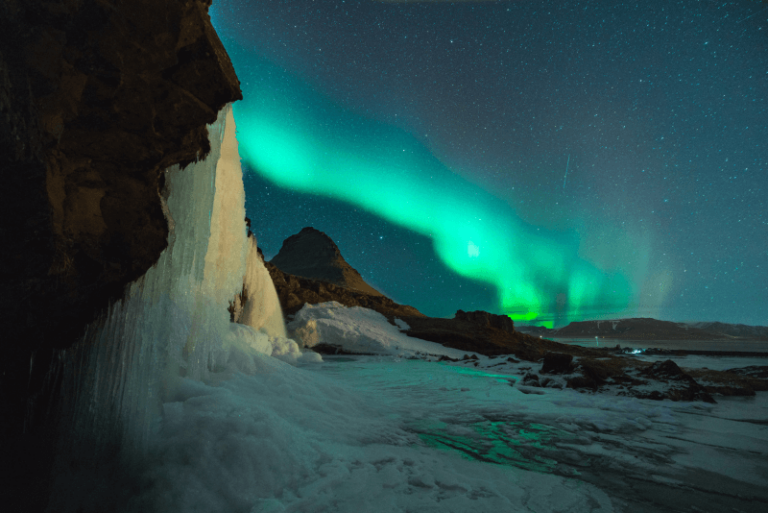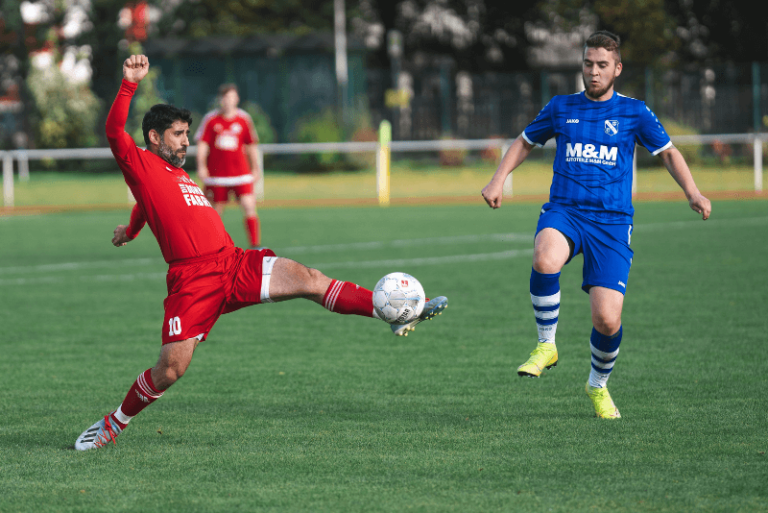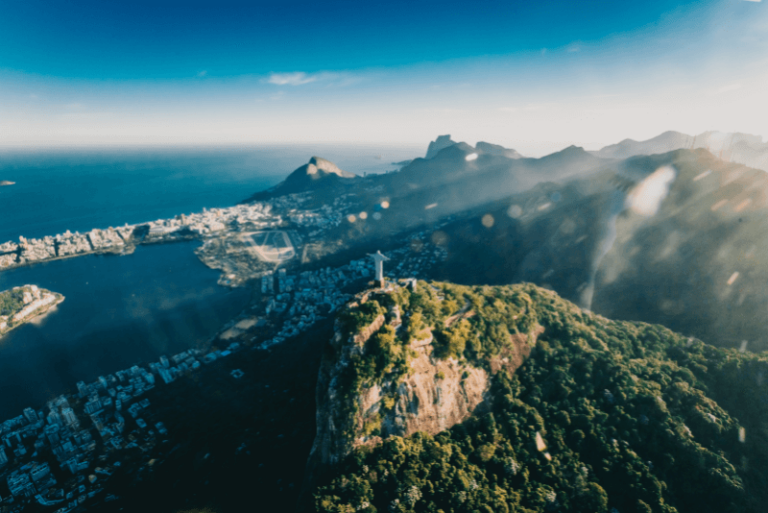Celebrated annually on September 7th, Brazil Independence Day commemorates Brazil’s 1822 declaration of independence from Portugal. As a national holiday, the day is observed nationwide with a blend of patriotic pride, historical remembrance, and exciting celebrations.
Facts About Brazil
· The largest country in South America is Brazil. Brazil is the sixth most populous country in the world and the fifth largest in terms of land area. Brazil is home to around 211 million people.
· Brazilians speak Portuguese. Portuguese is Brazil’s official language. “Olá” is how you say “hello.” The majority of the countries in South America speak Spanish, making it the only one that speaks Portuguese.
· There are 27 stars on the Brazilian flag. In the middle of the green Brazilian flag is a blue globe surrounded by a yellow diamond. The nation’s motto, “Ordem e Progresso,” which translates to “Order and Progress,” is displayed on a white flag with 27 stars in a blue globe.
· The world’s second-longest river flows across Brazil. The Nile is the longest river in the world, and the Amazon is the second-longest, passing through Brazil. Numerous wildlife can be found there, such as the green anaconda snake, electric eels, and Amazon river dolphins.
· Brazil is home to over 60% of the Amazon Rainforest. Brazil is home to the majority of the Amazon jungle. Because all of the trees in the rainforest release oxygen, it has been referred to as “the lungs of the Earth” and is home to many animals. This helps fight climate change.
Brazil Independence Day Celebration
Here’s a closer look at Brazil Independence Day celebration:
History
Dom Pedro I, the Emperor of Brazil, famously yelled “Independência ou Morte” (meaning “Independence or Death”) on September 7, 1822, declaring Brazil’s independence from Portugal. With this, Brazil’s march toward independence began as Portuguese colonial control came to an end. Often called “Sete de Setembro” (September 7th), the day is recognized as Brazil’s National Holiday.
Social And Political
Brazilians can also use the day to consider the achievements and difficulties their nation has faced since gaining its independence. Speeches and conversations concerning Brazil’s recent accomplishments as well as its political, economic, and social problems are common.
Cultural Festivals
Celebrations on Independence Day are a part of bigger cultural festivities that honor the local heritage in some parts of Brazil. Bahia, for instance, may host traditional Afro-Brazilian festivals and festivities that blend religious customs with patriotism.
Food And Beverages
Food plays a crucial role in the celebration on September 7. Traditional Brazilian foods like brigadeiro (a sweet chocolate delicacy), churrasco (Brazilian BBQ), and feijoada are popular among Brazilians. Additionally well-liked are fresh tropical fruits including guava, mango, and açaí.
Parades Around The Country
Other cities, including São Paulo, Rio de Janeiro, Salvador, and Recife, also hold their festivals with parades, marches, and cultural activities, while Brasília has the most celebrated procession. Students, members of the armed forces, and cultural groups frequently participate in these parades.
You can witness folklorico performances, samba bands, and traditional dances in various areas, which showcase Brazil’s rich cultural legacy. In some places, people celebrate with dancing and music at more casual street celebrations.
Brasília Military Parade
The military parade in Brazil’s capital, Brasília, is the most important Independence Day celebration. The Brazilian president, senior officials, and thousands of fans are present at this ceremony. Tanks, helicopters, and other military vehicles march and fly in front of the national government buildings as part of the parade. The display also features participation from the Brazilian police and military, demonstrating their dedication to national security.
The president makes a speech in which he stresses the value of Brazilian sovereignty and national unity. Music, cultural shows, and other patriotic displays take place after the parade.
Flag Raising Ceremonies
Flag raising ceremonies are held in many Brazilian cities and towns, during which the national anthem is played and the Brazilian flag is raised. This is a patriotic and respectful gesture. Local leaders and governmental authorities frequently give statements during these festivities, highlighting the significance of Brazil’s independence and sovereignty.
Folk And Cultural Performances
Brazilian Independence Day celebrations frequently feature a range of folk acts. There may be street performances, local music, and traditional dance performances like frevo, forró, or samba in some areas. The festival is especially lively in Salvador, where it blends Afro-Brazilian culture with the occasion’s sense of national pride. In observance of Brazil’s national colors, people wear blue, green, and yellow, while samba and other regional music can be heard in the streets.
Fireworks And Festivities
Especially in major cities like Rio de Janeiro and São Paulo, fireworks displays light up the night sky in various cities to commemorate the occasion. Like the parties hosted during Carnival, there are also street parties, or “blocos,” where people congregate to celebrate, dance, and listen to music.
Patriotism And The National Anthem
“Hino Nacional Brasileiro,” the national song of Brazil, is performed during several public festivities, particularly at parades, schools, and military gatherings. People wearing the blue, green, and yellow national colors and Brazilian flags flying from residences, vehicles, and commercial establishments are examples of patriotic displays that may be seen all throughout the nation.
Sports Events
To celebrate Independence Day, Brazil’s national football (soccer) teams occasionally play friendly games or tournaments alongside other sports. Brazilians come together for their shared love of sports at these gatherings, which are frequently viewed as a show of patriotism. Local games or smaller sporting events are held in years when there are no big football competitions.
Community And Street Parties
To commemorate Brazil’s independence, neighborhoods all around the country frequently plan neighborhood parties or get-togethers. Aside from food vendors serving Brazilian specialties like pão de queijo (cheese bread), caipirinhas (Brazil’s national cocktail made with cachaça, lime, and sugar), and feijoada (a traditional stew), these festivals may also feature music.
A lot of families get together for churrasco or barbecues, and spend the day chatting.
Conclusion
Sete de Setembro (7 September), or Brazil Independence Day, is a day filled with celebration, patriotism, and cultural pride. The entire nation joins together to celebrate its history and freedom, from colorful street festivities to military parades. September 7th provides an opportunity to enjoy Brazil’s varied customs, music, dance, and cuisine, whether you are in the capital city of Brasília or the cultural hotspots of Rio de Janeiro and Salvador.

